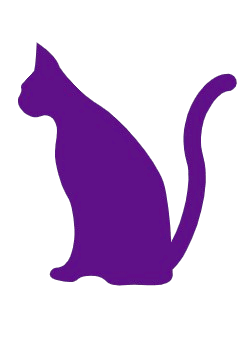Density Functional Theory (DFT)
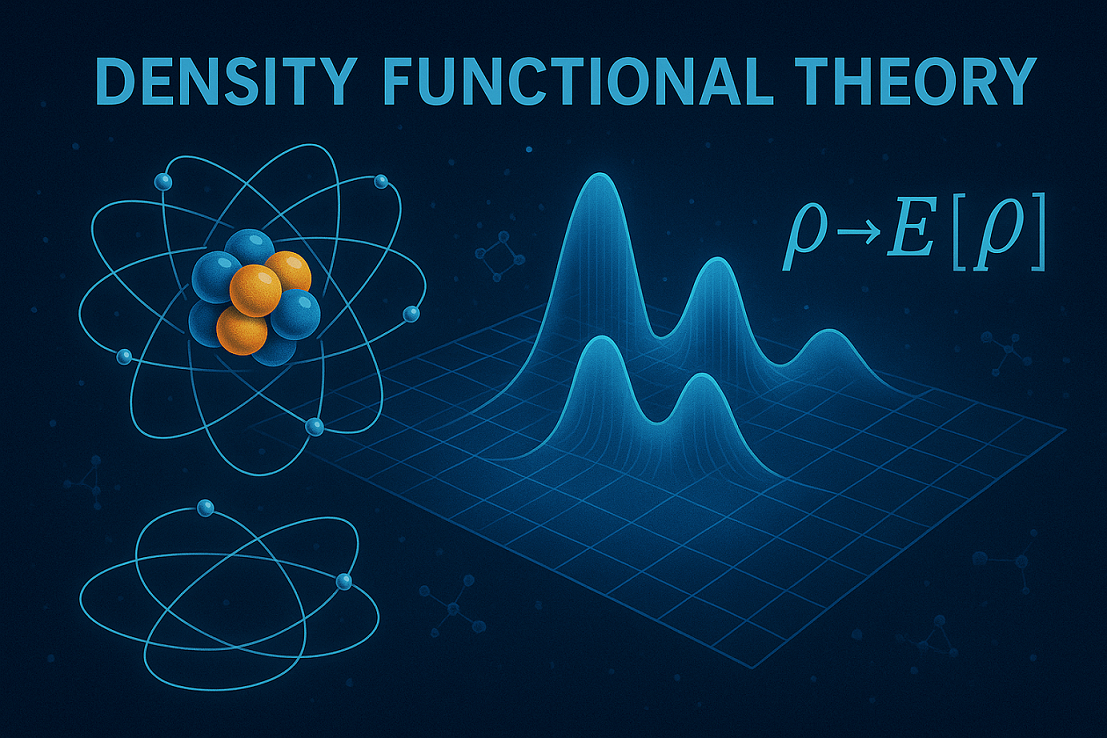
The course on Density Functional Theory (DFT) provides a comprehensive introduction to one of the most widely used quantum mechanical modeling methods in condensed matter physics, materials science, and quantum chemistry. It covers the fundamental principles of DFT, including the Hohenberg-Kohn theorems and the Kohn-Sham equations, and explores practical implementations for calculating the electronic structure of atoms, molecules, and solids. Students gain hands-on experience with computational tools and software used in DFT simulations, learning how to model physical properties and interpret the results to understand material behavior at the quantum level.
Molecular Dynamics
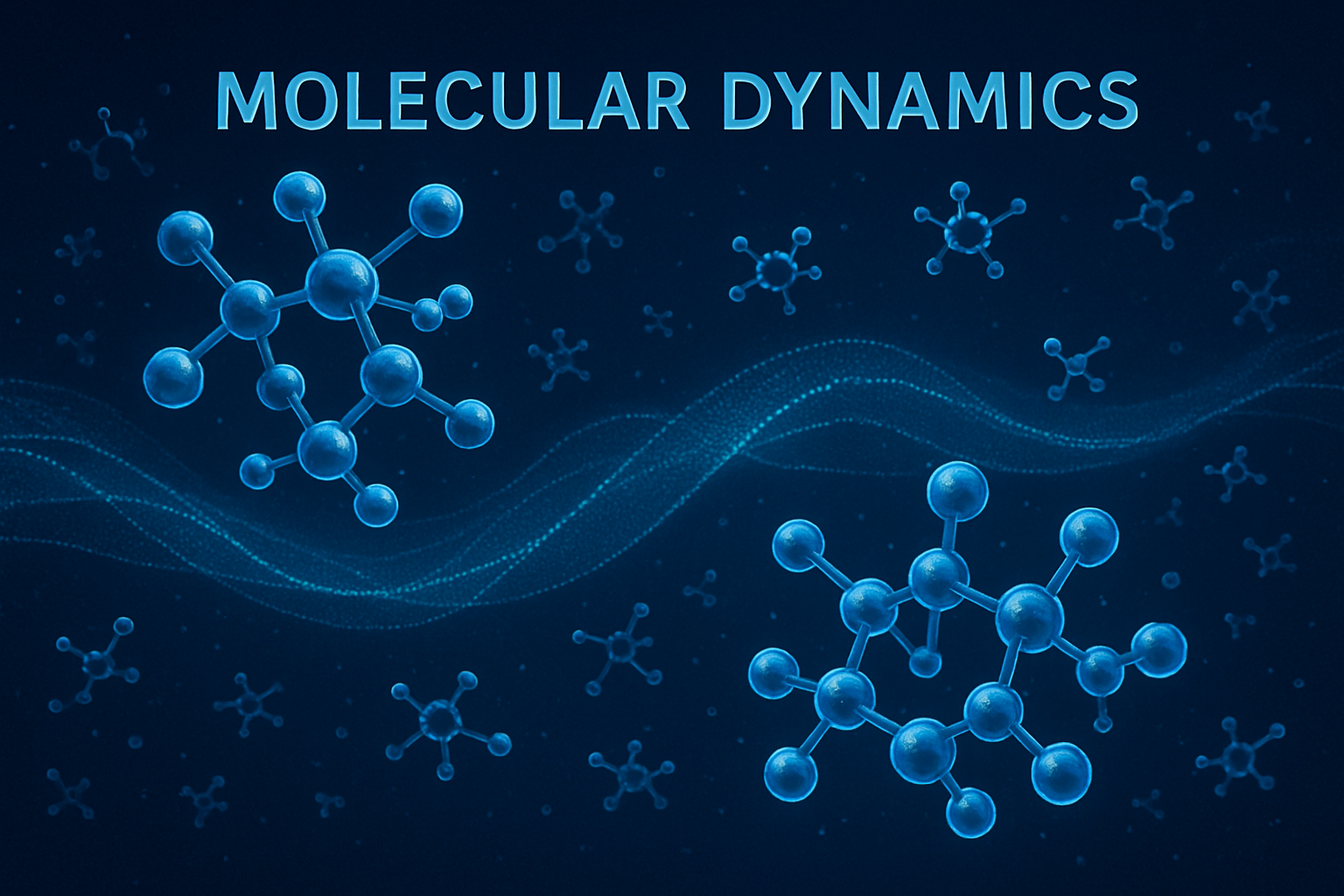
The Molecular Dynamics course offers an in-depth exploration of simulating the motion of atoms and molecules using both classical and quantum approaches. It begins with classical molecular dynamics, covering Newtonian mechanics, force fields, integration algorithms, and applications in studying thermodynamic and transport properties of complex systems. It then introduces quantum molecular dynamics, focusing on methods such as ab initio molecular dynamics and path-integral techniques that incorporate quantum effects in atomic motion. Students learn to implement simulations, analyze dynamic behavior, and apply these tools to problems in physics, chemistry, and materials science.
Quantum Computing and Information
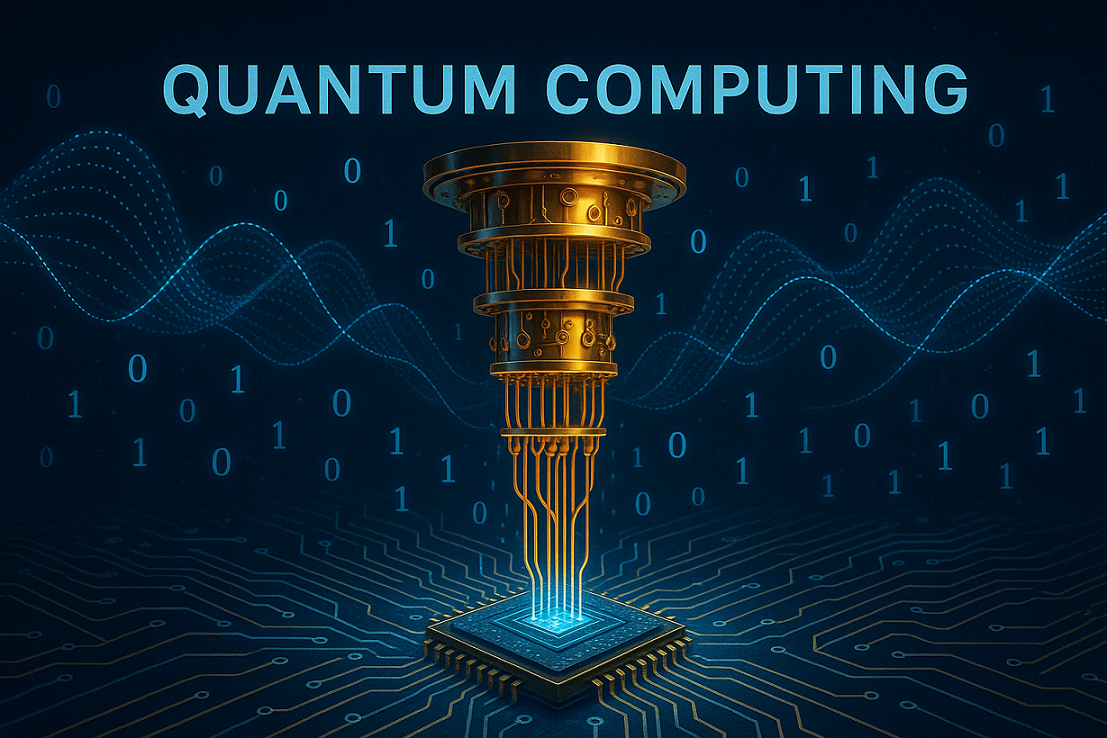
The Quantum Computing and Information I and II courses provide a rigorous two-part sequence covering the foundational principles and advanced topics in quantum computation and quantum information theory. The first course introduces the postulates of quantum mechanics, qubits, quantum gates, and basic quantum algorithms such as Deutsch-Jozsa and Grover’s algorithm. It also explores quantum entanglement, superposition, and simple quantum circuits. The second course builds upon this foundation, delving into quantum error correction, quantum communication protocols like teleportation and superdense coding, and advanced quantum algorithms including Shor’s algorithm. Together, these courses equip students with both the theoretical understanding and practical skills needed to engage with the rapidly developing field of quantum technologies.
Quantum Machine Learning
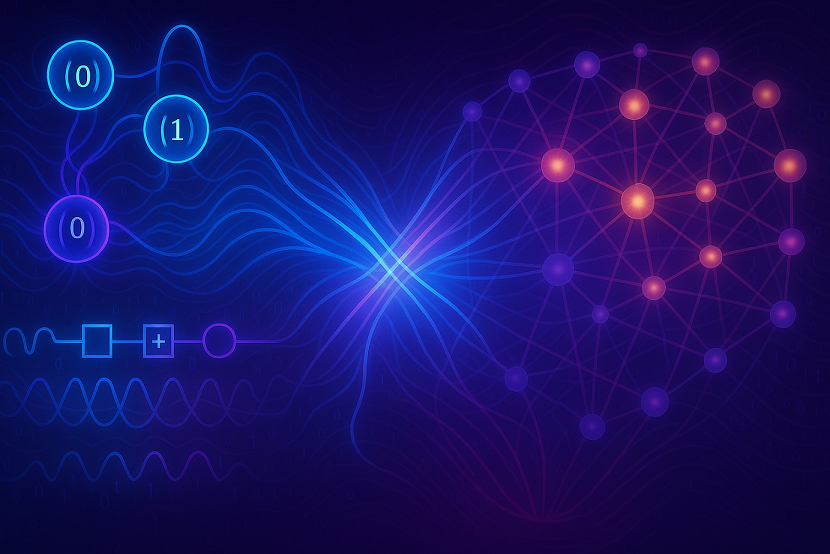
The Quantum Machine Learning course explores the cutting-edge fusion of quantum computing and machine learning, introducing students to algorithms and models that leverage quantum mechanics to enhance learning tasks. It covers key concepts such as quantum data encoding, quantum kernels, variational quantum circuits, and quantum versions of classical models like support vector machines and neural networks. The course emphasizes both theoretical foundations and practical implementations using quantum programming frameworks like Qiskit or PennyLane. Through hands-on projects, students gain insight into how quantum resources can accelerate machine learning and solve problems that are intractable for classical approaches.
